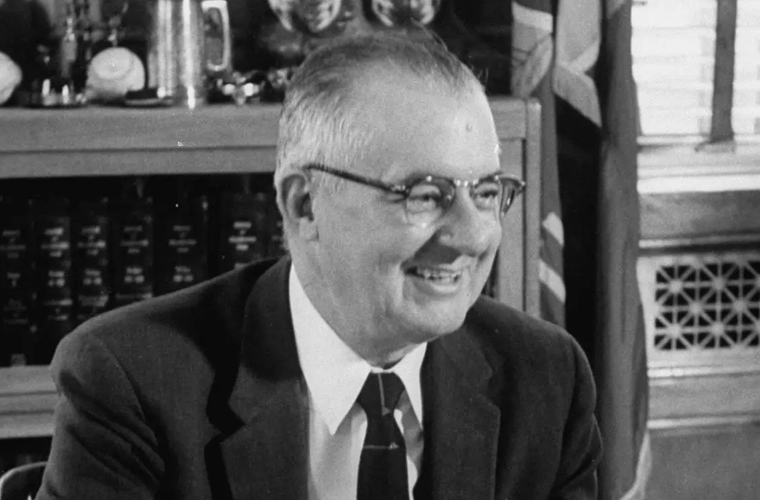W.A. Gayle, the mayor of Montgomery, was a pivotal figure in the civil rights movement in the United States. Serving as mayor from 1959 to 1975, Gayle played a significant role in the events surrounding the Montgomery Bus Boycott and the desegregation of public facilities in the city. During his time in office, Gayle faced immense pressure and challenges as he navigated the racial tensions and protests that engulfed Montgomery. His leadership during this tumultuous period was marked by a commitment to upholding the rule of law while also addressing the legitimate grievances of the African American community.
One of Gayle’s most notable actions was his response to the Montgomery Bus Boycott, which was sparked by the arrest of Rosa Parks for refusing to give up her seat to a white passenger. Despite facing intense opposition, including threats to his safety, Gayle remained steadfast in his support of the city’s segregation laws. His unwavering stance only served to galvanize the civil rights movement and bring greater attention to the injustices faced by African Americans. However, as the boycott persisted and garnered national and international support, Gayle found himself increasingly isolated in his position. The economic impact of the boycott, coupled with mounting legal challenges, ultimately led to the Supreme Court ruling that segregation on public buses was unconstitutional.
Gayle’s tenure as mayor also saw the desegregation of public facilities in Montgomery, a process that was met with resistance and hostility from some segments of the population. Throughout this period, Gayle sought to maintain order and prevent violence, even as he faced criticism from both sides of the racial divide. In the years following his time as mayor, Gayle continued to be involved in public service and remained a prominent figure in Montgomery. His legacy is a complex one, reflecting the challenges and conflicts of a pivotal era in American history.
Today, W.A. Gayle is remembered as a figure who stood at the intersection of power and principle during a time of profound social change. His actions and decisions continue to be studied and debated, serving as a reminder of the complexities inherent in the pursuit of justice and equality.

